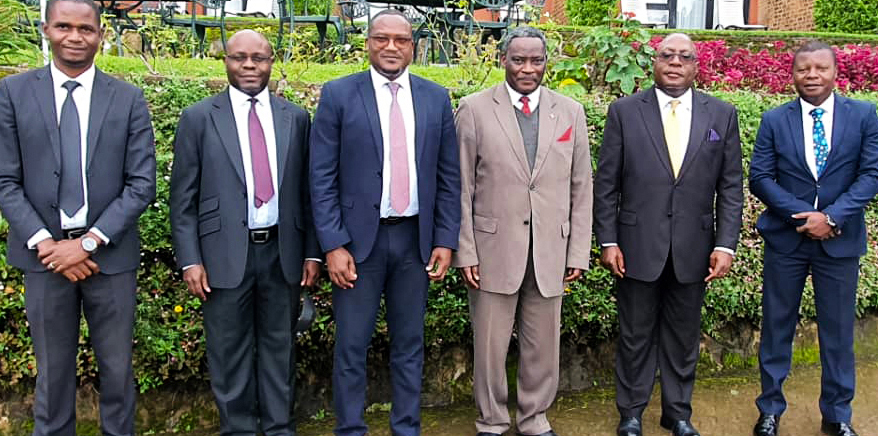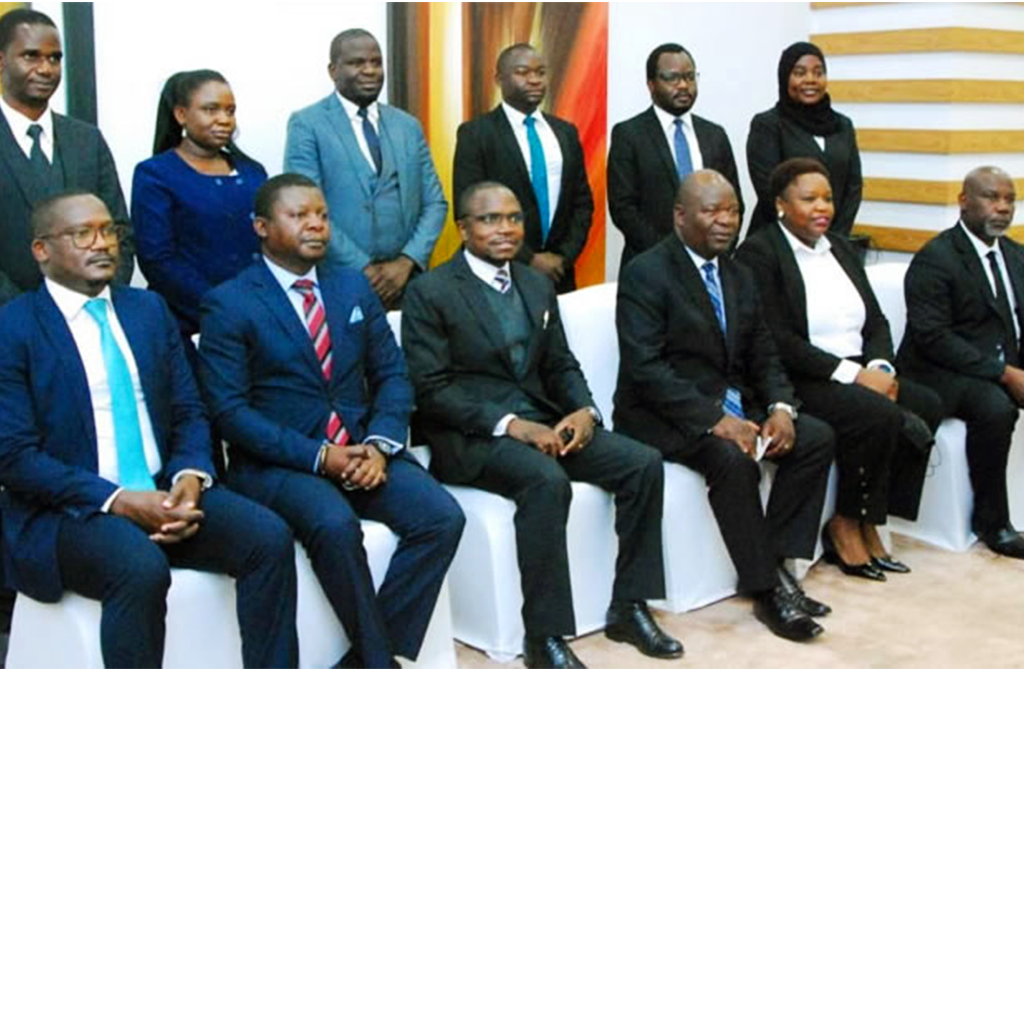Eng
Fr
Nl
The Judiciary is one of the arms of Government. The Head of the Judiciary is the Chief Justice who is also the Supreme Court Judge. The current Chief Justice is Justice Rizine Robert Mzikamanda SC. The Justice systems is divided in three fold the magistrate Courts, the High Court and the Supreme Court, there are other special courts like the industrial courts and on specific occasion a constitutional court is assembled to deal with constitutional matters.

The Supreme Court
The Supreme Court is the highest court of the land established by Section 104 of the Constitution of the Republic of Malawi. The Supreme Court of Appeal is the superior court of record and has such jurisdiction and powers as conferred on it by the Constitution or any other law. It is the highest appellate court and has jurisdiction to hear appeals from the High Court and Tribunals as an Act of Parliament may prescribe. Under the current constitutional arrangement, no court can be established of superior or concurrent jurisdiction with the Supreme Court of Appeal.
The Justices of the Supreme Court of Appeal comprise the Chief Justice and such number of other Justices not being less than three as may be prescribed by an Act of Parliament. The Chief Justice is appointed by the President and confirmed by the National Assembly by a majority of two thirds of members present and voting. Justices of appeal, are appointed by the President on the recommendation of the Judicial Service Commission (JSC). A Judge of the High Court may be appointed by the President of the Republic of Malawi on recommendation of the JSC to serve as an acting Justice of Appeal where, for example, there are less than three serving Justices of Appeal.
Read More
High Court

Section 108 of the Constitution establishes the High Court. The High Court has unlimited original jurisdiction to hear and determine any civil or criminal proceedings under any law; and it reviews any law and any action and decision of the Government for conformity with the Constitution save as otherwise provided by the Constitution. Under the current constitutional arrangement, no court, other than the Supreme Court, can be established of superior or concurrent jurisdiction with the High Court.
Judges of the High Court are appointed by the President of the Republic of Malawi on recommendation of the JSC. Upon appointment, Judges are posted to various Divisions of the High Court, which are the Civil Division, Commercial Division1, Criminal Division2, Family and Probate Division and Revenue Division. The High Court of Malawi has four registries as follows:
Other Courts
Industrial Relations Court
The Industrial Relations Court (IRC) is established under Section 110 of the Constitution of the Republic of Malawi and the jurisdiction, composition and structure of this court is provided for in the Labour Relations Act, 1996 (Cap 54:01).
Magistrate Courts are established under section 110 of the Constitution of the Republic of Malawi as read with Section 33 of the Courts Act. The Courts Act provides for the structure,
The Child Justice Court is established under section 132 of the Child Care, Protection and Justice Act (Cap. 26:03). The Child Justice Court, which has original jurisdiction over child related matters, or such other matters as may be prescribed by law, is subordinate to the High Court. .
Section 110(3) of the Constitution provides for the establishment of local courts. Such courts have since been established under Section 4 of the Local Courts Act of 2011, and they are subordinate to the High Court. The Judiciary is in the process of operationalizing local courts on a phased basis.
The Embassy is also involved in humanitarian programmes being undertaken with the support of
well-meaning, countries, institutions and individuals
for targeted programmes and beneficiaries in Malawi.

